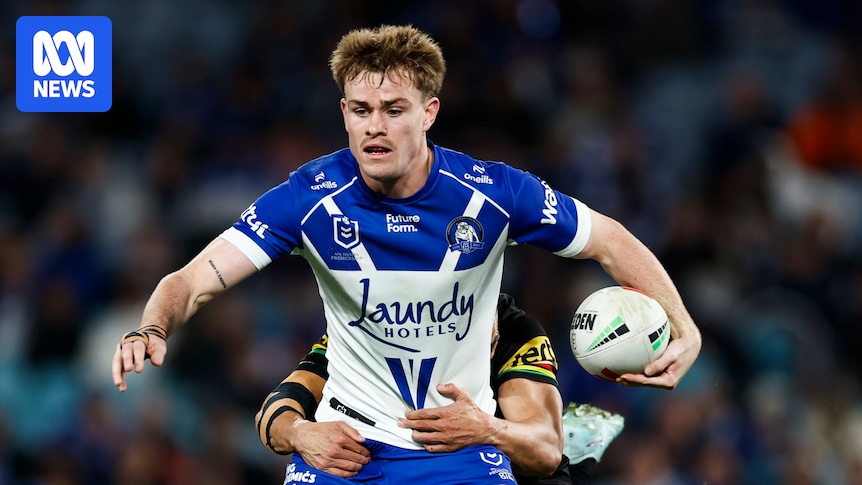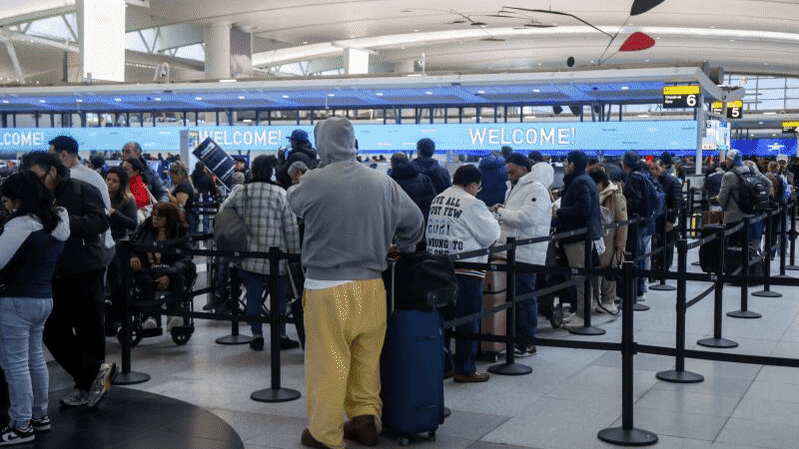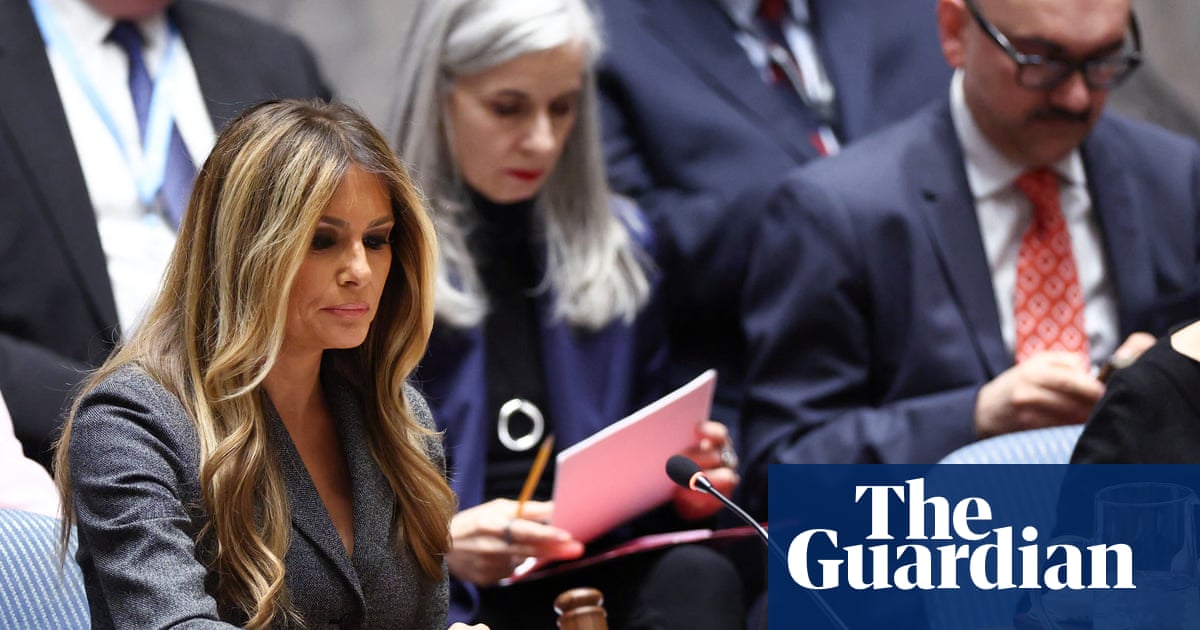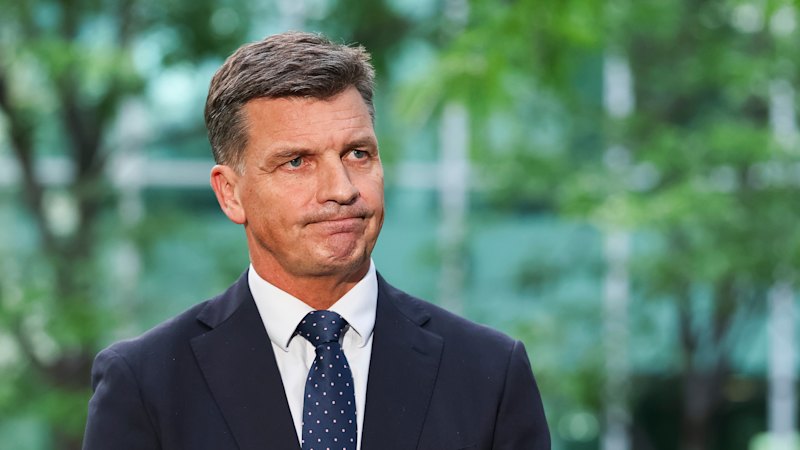
The National Rugby League (NRL) is poised to implement stricter anti-tampering regulations, threatening salary cap penalties against clubs that publicly pursue rival players before they become free agents. This significant overhaul of the league’s contracting rules aims to curb premature negotiations and media speculation that can influence player decisions.
The changes follow a tumultuous year of contract negotiations, most notably involving Lachlan Galvin’s mid-season transfer from Wests Tigers to Canterbury Bulldogs, with 17 months remaining on his original contract. Under current NRL rules, players and their agents are prohibited from negotiating with other clubs until the final season of their contract begins on November 1 each year. However, it has become increasingly common for clubs to express interest in players through the media well before this date.
Background and Implications
The move to tighten regulations is a response to concerns that early media speculation can deter players from re-signing with their current clubs, anticipating a bidding war from interested parties. Beyond the threat of salary cap sanctions, the NRL may also impose fines or deregister club officials who violate these new rules.
Phil Gould, the general manager of Canterbury, was accused of using his media influence to publicly court Galvin before the Tigers permitted him to seek opportunities elsewhere. Gould had previously predicted that Galvin would “earn more money out of rugby league than any other player in history,” describing him as “the best teenage footballer” he had ever seen.
Expert Opinions and Historical Context
The NRL’s decision to review and revise its anti-tampering laws was undertaken in collaboration with the players’ union, as part of the commitments made in the last collective bargaining agreement. The Galvin saga is not an isolated incident; similar accusations have surfaced in the past, with clubs openly expressing their desire to sign high-profile players like Payne Haas well before they become free agents.
Several clubs this season made no secret of their desire to land Payne Haas for 2027, despite the Brisbane prop only becoming a free agent last weekend.
Under the new rules, such actions would be prohibited. While Haas has yet to re-sign with Brisbane, his strong family ties to Queensland make it unlikely that he will be swayed to leave the region.
Future Outlook
The NRL’s revamped regulations are expected to be implemented this summer, marking a new chapter in the league’s efforts to maintain fair play and integrity in player negotiations. The league’s other anti-tampering rules will remain in place, including restrictions on negotiating with a player’s agent and approaching rival teams without the player’s permission.
As the NRL seeks to enforce these new rules, the league hopes to prevent future controversies and ensure a level playing field for all clubs. The changes are anticipated to bring more transparency and discipline to the contracting process, ultimately benefiting both players and teams.
With the new rules on the horizon, clubs will need to navigate the evolving landscape carefully, balancing their ambitions with adherence to the league’s regulations. The coming months will reveal how these changes impact the dynamics of player transfers and the overall competitive balance within the NRL.






